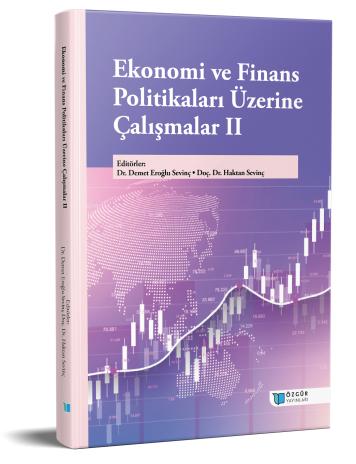
The Impact of Informal Employment on Growth in Central and Eastern European (CEE) Countries: The Regulatory Role of Institutional Quality
Şu kitabın bölümü:
Eroğlu Sevinç,
D.
&
Sevinç,
H.
(eds.)
2023.
Ekonomi ve Finans Politikaları Üzerine Çalışmalar II.
Özet
This study analyses the effects of informal employment on economic growth in Central and Eastern European (CEE) countries such as the Czech Republic, Estonia, Hungary, Latvia, Poland, Slovakia and Slovenia and also assesses the moderating role of institutional quality factors. In this research, the augmented mean group (AMG) estimator and the heterogeneous panel causality method appropriate for diverse panels are utilized. The study utilizes yearly data spanning from 2007 to 2021. In general, the results show that the coefficient of informal employment is negative and significant, the coefficient of the institutional quality index is positive and significant, and the coefficient of the variable showing the interaction between informal employment and the institutional quality index is positive and significant. Accordingly, it shows that informal employment may negatively affect economic growth, while the institutional quality index may positively affect economic growth. Moreover, the interaction of informal employment and institutional quality index together can support growth in a positive direction. These results emphasise the potential of reducing informal employment, promoting institutional reforms and adopting good governance practices to increase economic growth for economic policy makers in CEE countries.

